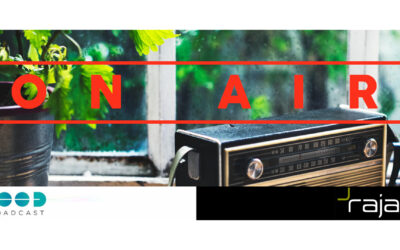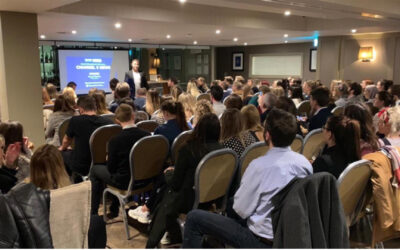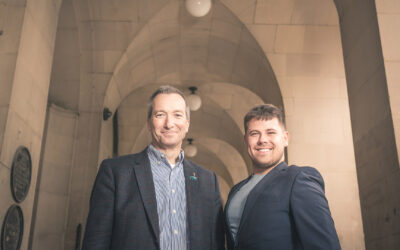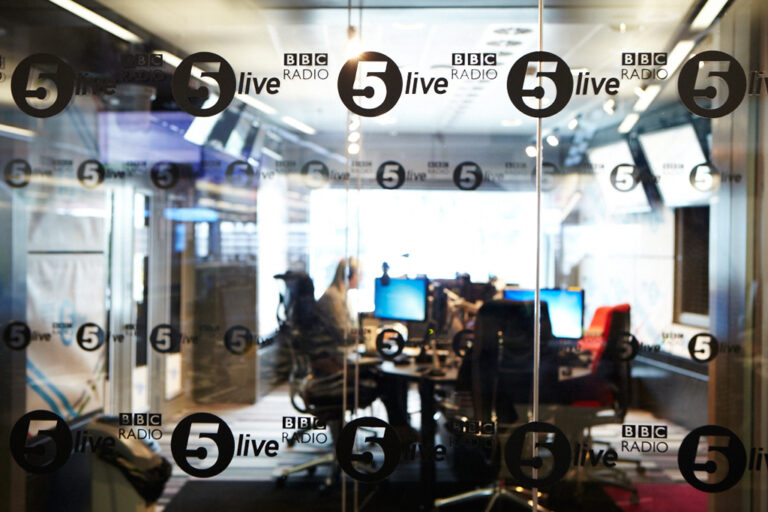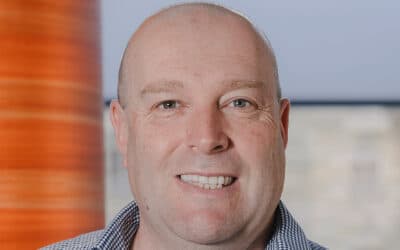Tim Levell, the editor of the Emma Barnett Show on BBC Radio 5 Live held a Q&A this week with Good Broadcast about what can make it onto the show.
It’s the latest in a series of events, with the first featuring Channel Five News’ planning editor.
He explained some of the key points that are crucial for getting a story on air.
Getting “under the skin” of a story
He said that on the Emma Barnett show they liked to get “under the skin” of the story. Unlike Breakfast or Drive, which produce content at “high speed” their listeners are not rushing around to get to or from work, and can therefore indulge in longer discussions.
As such, offering a story that has depth and allows the programme to delve into it and build a wider feature around it is really important for them.
Good talkers
“It may sound like common sense smacking us square in the face, but the key for any interviewee is that they are a good speaker.”
Levell said that the station welcomed CEOs and senior branded spokespeople, celebrities and case studies providing they make sense in line with the story and have interesting points of view and opinions.
However, they didn’t want people who were too corporate, or too wooden.
He added that as with many national broadcasters, “real voices are crucial to bring the story to life.” However, household names also helped listeners “prick their ears up” particularly if they had a clear link to the story and were passionate about it.
There’s no such thing as “Whiteboard Wednesday.”
“Whiteboard Wednesday” or awareness days work well for PR activity, but don’t work for broadcast, according to Levell. The only times they would be covered is if they translate into real life activity, such as World Book Day or International Women’s Day.
Be proactive
If you have access to guests who are good speakers on certain topics, then sharing this list with broadcasters for them to bank is a great way to build up a relationship with a broadcaster and be proactive in trying to land reactive pieces of coverage later down the line, he explained.
Organisations that do this well are universities, which make their speakers known to media as soon as a story breaks.
He said that brands and agencies could do the same.
Quick tips:
- The planning team at the Emma Barnett Show are the key people that PRs want to have a relationship with as they will be planning two or three stories ahead of time, whilst the programme team will be working on the next day’s show.
- A fresh top line to your story is really important.
- Tailor your communications to fit the programme, understand the show’s agenda and what they are about.
- Exclusivity on a guest or angle of a story that makes it relevant to their show is great.
- The phone is undervalued and many PRs still don’t call broadcasters as much as they do other journalists when they follow up.
- The BBC try to represent the whole of the UK and be inclusive, so having diversity among their guests is crucial.
- Stories that appeal to younger audiences are very much welcomed.
- Health stories are always of interest to the Emma Barnett Show.

